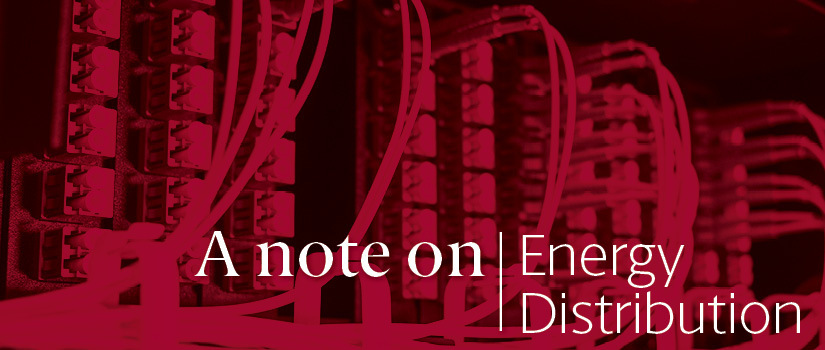By Hossein Haj-Hariri | September 28, 2020
Starting about 50 years ago, silicon-based computer chips began taking over the world. Electrical and computer engineering departments, along with materials science, chemical engineering, and physics departments became hotbeds of innovation in materials processing to concentrate more transistors in smaller computer chip footprints. The world was changing; everything was on the path to becoming “computerized” and smart. The future was coming in, and the past was going out.
In the eyes of many of my contemporaries (I was a freshman 40 years ago!), power and energy didn’t seem “cool.” By the 1970s, everybody knew how electric motors worked. Wired was wired, network was network, energy flowed from the generation facility to the home, and so, the focus of the field shifted from energy flow and power distribution to physics and devices.
Now, excuse the history lesson, but here’s the part you may not know. As the focus of electrical engineering changed, a select few stayed the course in their energy distribution research, because they realized that without a robust and modern power distribution system, none of the “cool” new devices, or the many systems that support our modern life, would be able to function. Among those stalwarts was our college’s very own Roger Dougal. And now, the dividends of this are being realized.
Dougal and our power electronics team here at South Carolina were already at the forefront of the field when there was a resurgence of interest in energy distribution and energy flow in the mid-1990s. The renewed demands for this research were much more complex than the past: wanting to make Navy ships fully electric, completely overhauling the nation’s energy grid to accommodate both AC and DC sources of energy, and incorporating growing renewable energy options in America’s aged and rigid energy system.
These demands were tailor-made for the power electronics expertise housed here at South Carolina, but their complexity also required meaningful inter-disciplinary collaboration with other fields. The field of energy distribution was no longer focused just on the generating, delivering and storing of power, but the intelligence that controlled these processes and the novel, light, and safe batteries that were integrated into the systems. Fortunately for the field, our college not only had a leading power electronics group, but world leaders in applied artificial intelligence, like Michael Huhns, and batteries, like Ralph White.
It’s this long-standing and world-leading expertise of our faculty that has made us the current leader that we are in energy distribution research. But our college’s excellence doesn’t end with the long-established leaders that put us on the map.
With excellent mentors like Ralph White, Michael Huhns and Roger Dougal, our college has developed or attracted a new wave of researchers who are pushing the field of energy distribution to new heights. Star faculty like Bill Mustain have shown that they have the vision to change an entire field, and students of these knowledgeable researchers, such as Venkat Subramanian, have taken what they learned in our college and brought it to other elite universities. And alumni like Alex Molinaroli have shown that the education received at our college can prepare you to be CEO of a Fortune 100 company.
Please take a few minutes to learn more about our college’s cutting-edge energy distribution work: the 20-plus years that we have led the electric ship research and development consortium that we founded, our $10 million per year partnership with Martin Defense Group (previously known as Navatek LLC) and the Office of Naval Research to develop the next generation of naval ships, our groundbreaking findings on anion exchange fuel cells, and the story of our leading battery researcher. I hope you are impressed and excited by what you see in our college’s energy distribution work.
Sincerely,
Hossein Haj-Hariri
Dean of the UofSC College of Engineering and Computing
Our Energy Distribution Highlights:
-
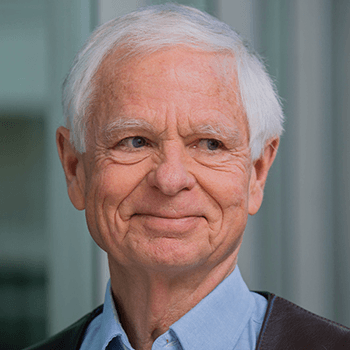
Ralph White and the growth of the ‘Berkeley Mafia’
-

UofSC power electronics team reimagines America’s energy grid
-
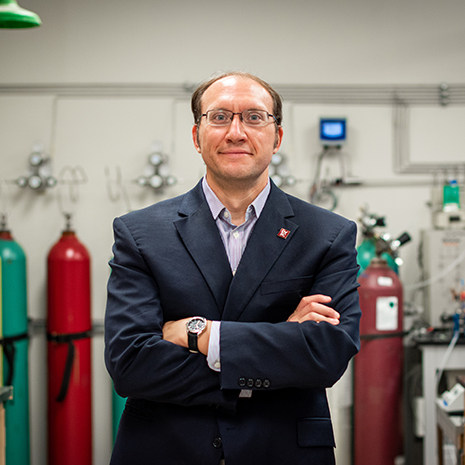
Mustain shows there’s hope for AEM fuel cells after all
-
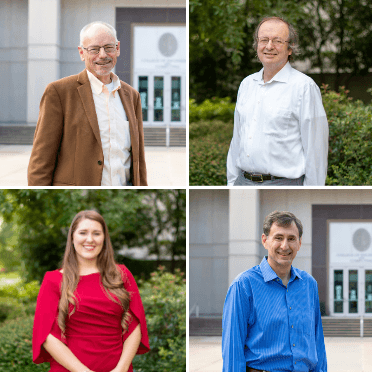
A 20-year seat at energy distribution’s most important table
-
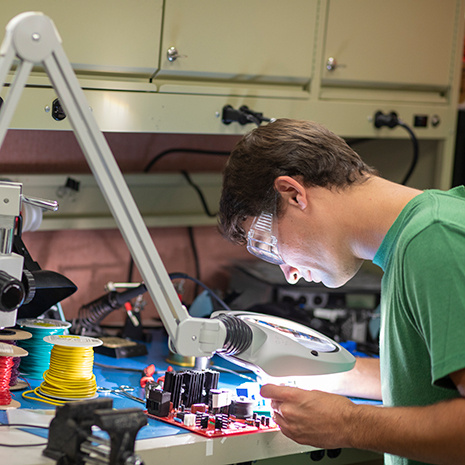
Navatek partnership provides students invaluable opportunities
-
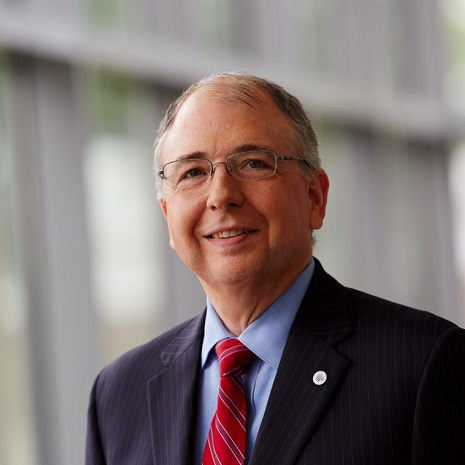
Alex Molinaroli: From CEC to CEO
-
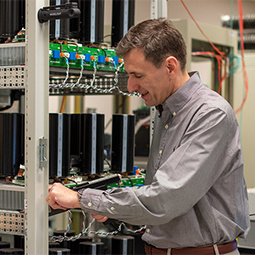
Creating a cleaner, greener energy future through power electronics
-
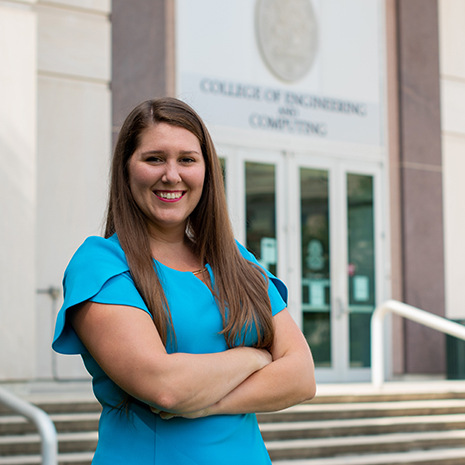
New Faculty Spotlight: Makings of a mentor
-
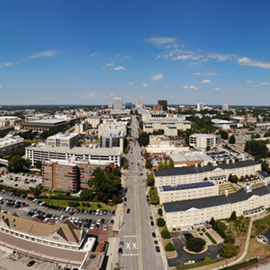
UofSC, Navatek win contract to research Navy power, energy systems
